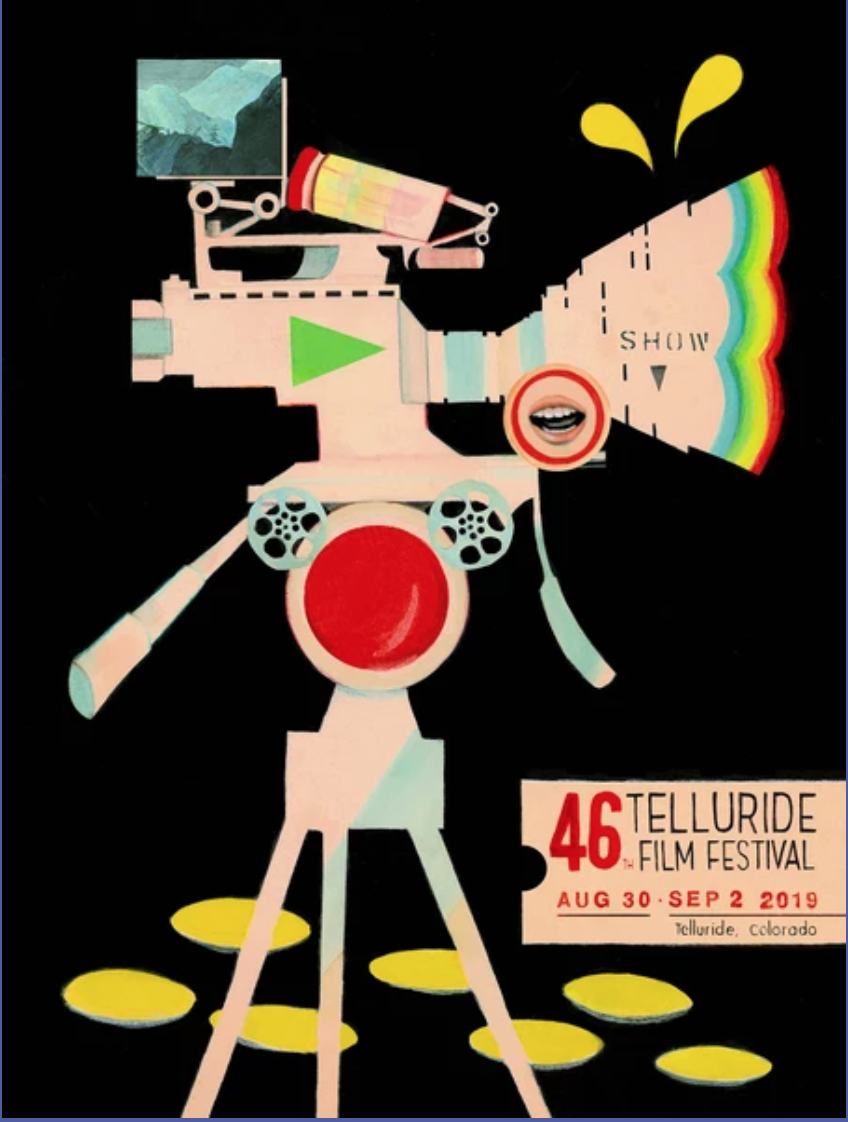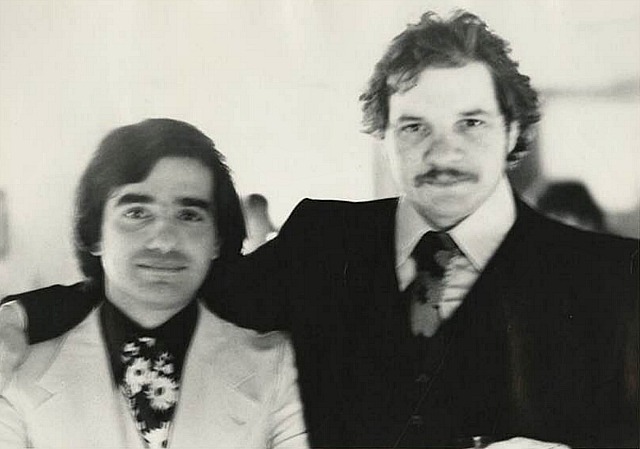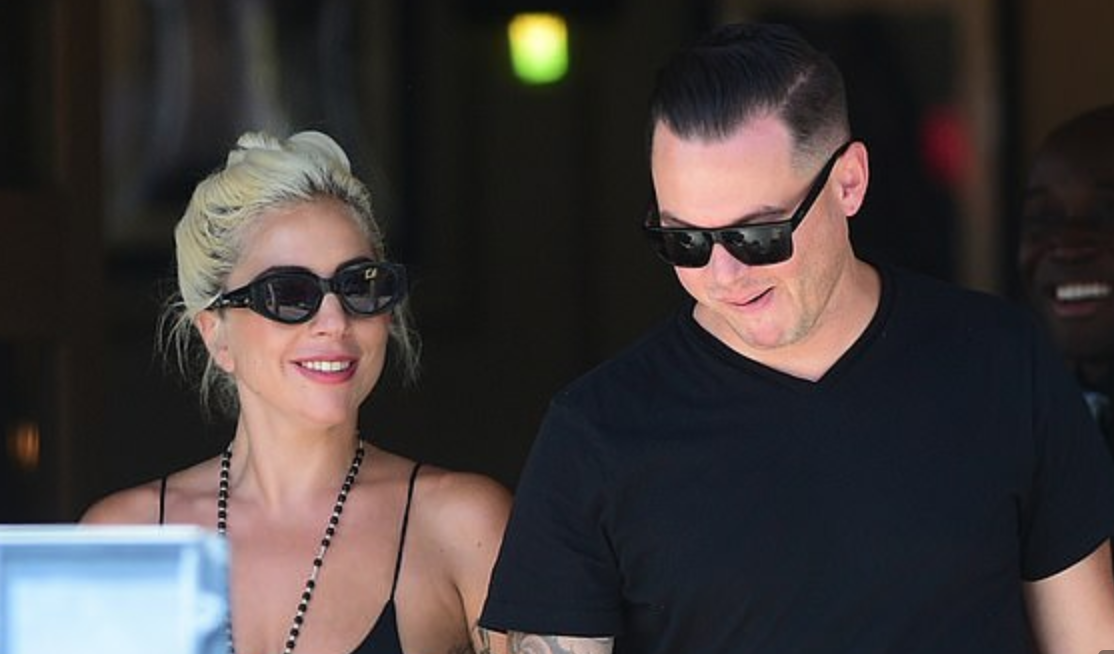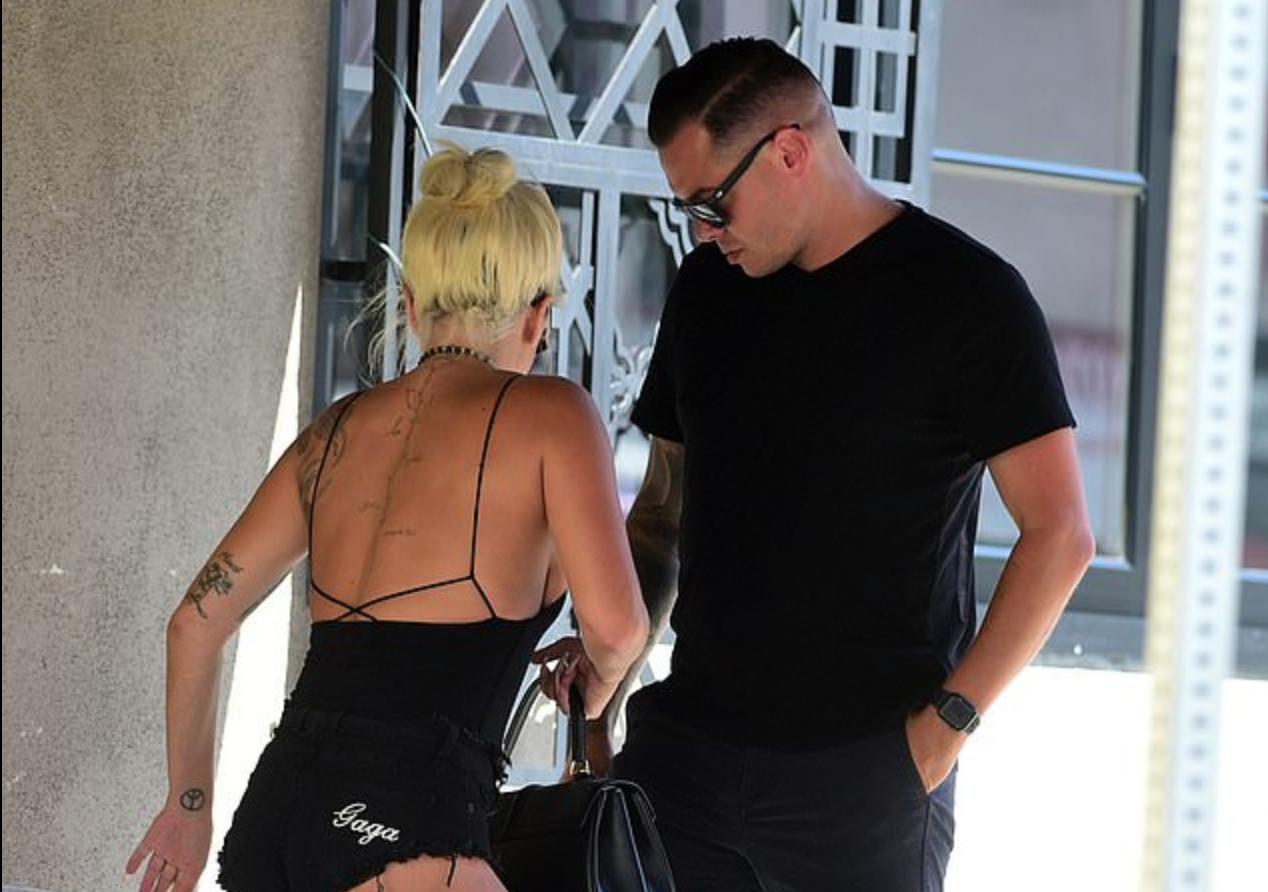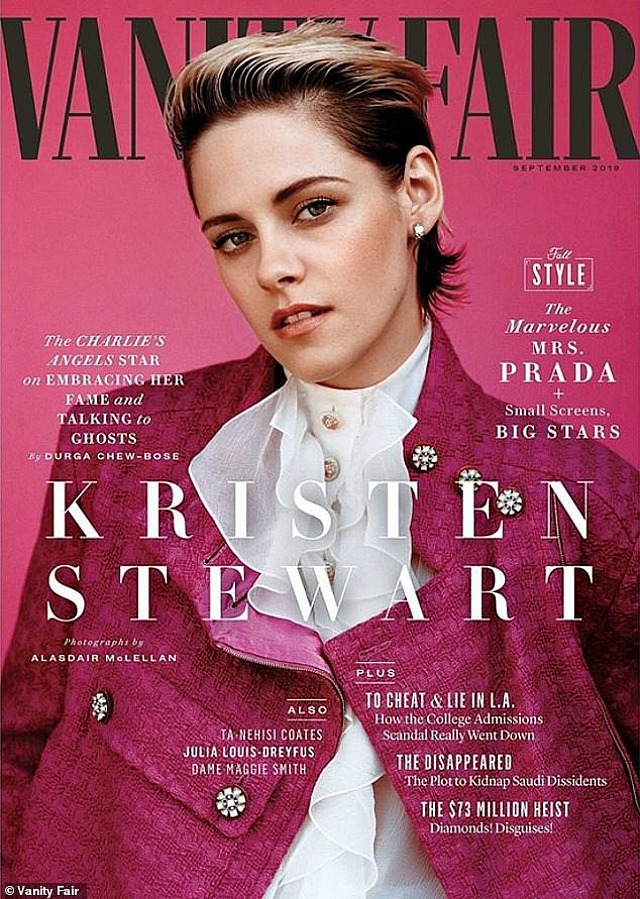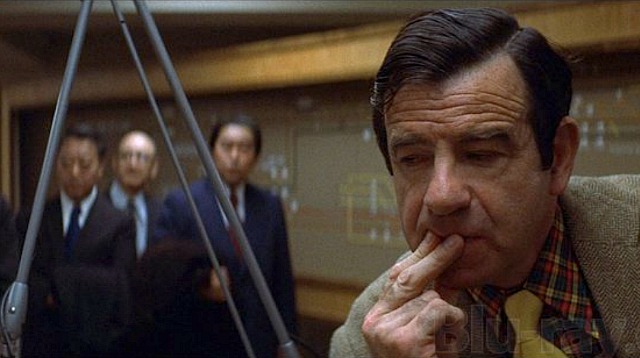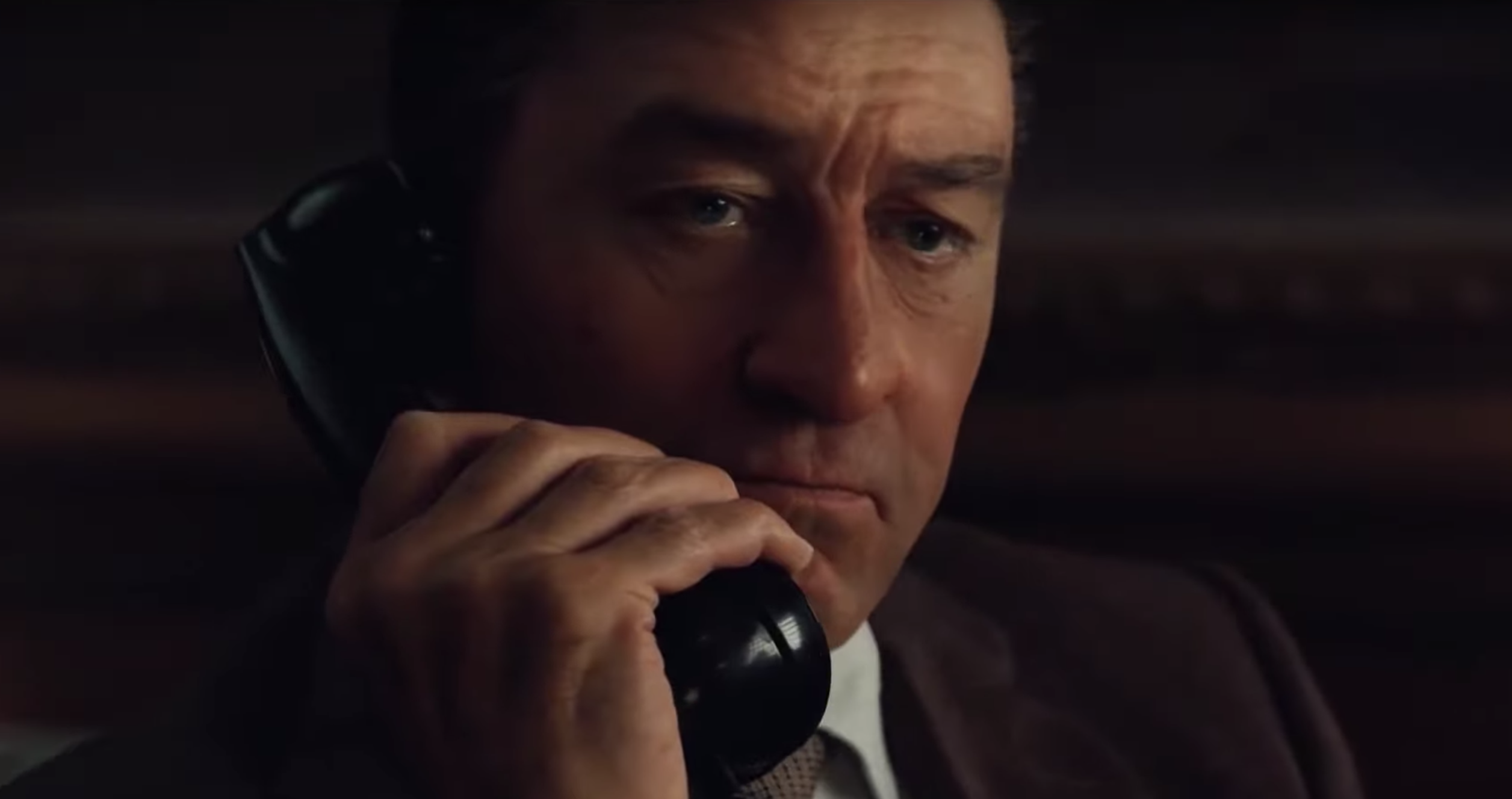I somehow missed the recent intel about Steven Soderbergh‘s The Laundromat being a comedy. Okay, but hold a sec. Soderbergh might have made a quietly hilarious satire in his usual underplayed or deadpan sense (I’ve been told that the “s” word definitely applies), but he doesn’t do hah-hah comedy. Or at least, not the bottom-feeder kind. He never has. This doesn’t mean his comic material or attitude isn’t funny — it’s just not aimed at your Melissa McCarthy megaplex crowd.
Example: Out of Sight was often funny as shit, but it never put on a red Clarabelle the Clown nose and squirted seltzer water. Remember when Dennis Farina chided Michael Keaton‘s Ray Nicolette for wearing an FBI T-shirt — “Hey, Ray, do you have a T-shirt that says ‘undercover‘?” I laughed at that line for days but it probably went over a lot of heads. Remember when that fat guy slipped on the stairs and accidentally shot himself in the head? A shocking moment, but kind of “funny” in a dry Soderberghian way.
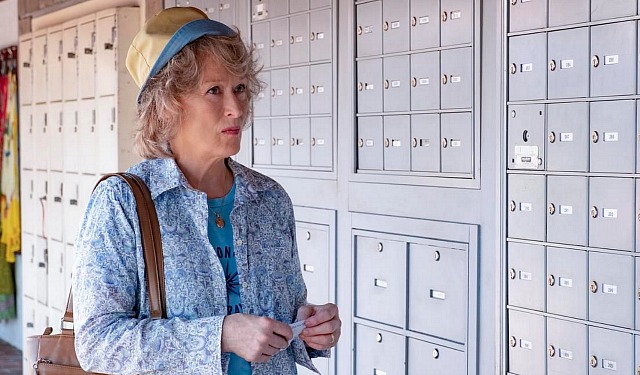
Meryl Streep as Ellen Martin in Steven Soderbergh’s The Laundromat.
Wiki boilerplate: “Plot follows Ellen Martin (Meryl Streep), whose dream vacation takes a wrong turn and leads her down a rabbit hole of shady dealings that can all be traced to one Panama City law firm, run by seductive partners Jürgen Mossack (Gary Oldman) and Ramón Fonseca (Antonio Banderas).
“She soon learns that her minor predicament is only a drop in the bucket, one of millions of files linking an off-shore tax scheme to the world’s richest and most powerful political leaders.”
The titular term refers to Mossack Fonseca, a Panamanian law firm and corporate service provider. The umbrella term for the scandal was and is the Panama papers.



